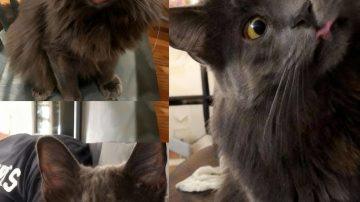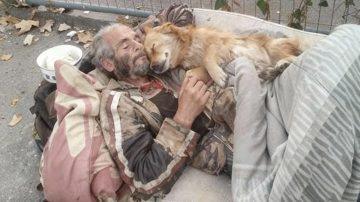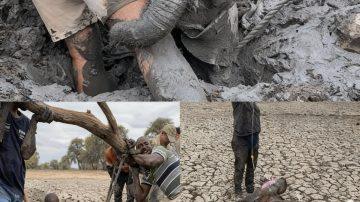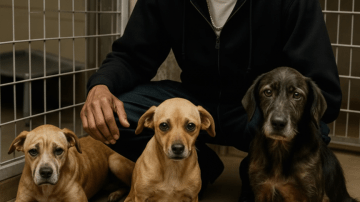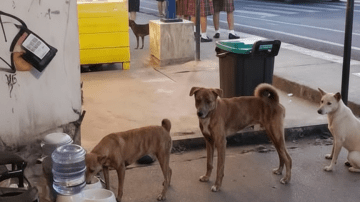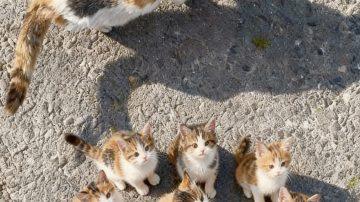Last month, Nova Scotia bore witness to an astonishing tale of survival and compassion that began with a perplexing discovery in a snowy backyard. A local couple, peering out their window, spotted a creature they couldn’t quite identify – a small, hairless animal, initially mistaken for an unusually gaunt dog or a scruffy, bald cat. Its appearance was so peculiar, so utterly unlike anything they had ever encountered in the wild, that it sparked a mix of concern and bewilderment. Little did they know, this was the beginning of an extraordinary journey for a northern raccoon, later affectionately named Rufus, whose rare condition would challenge assumptions about wildlife resilience and the power of dedicated care. Her almost complete lack of fur, a severe case of alopecia leaving only sparse tufts around her face and feet, rendered her nearly unrecognizable, a ghost of the vibrant wildlife that typically thrives in the region’s robust natural environment.

The initial shock of finding such an unusual animal quickly gave way to a deeper concern. Nova Scotia winters are unforgiving, marked by frigid temperatures and relentless snowstorms. For any animal, especially one stripped of its natural insulation, survival in such conditions seemed impossible. The couple knew they had to act, but capturing the wary creature without causing further distress was a delicate dance. After several tense hours and much careful planning, they managed to safely secure Rufus, realizing with a mixture of awe and pity just how vulnerable she was. Her skin, exposed to the elements, was mottled and dry, a stark testament to the ordeal she had endured.

Upon her arrival at the local rescue center, the mystery surrounding Rufus’s condition deepened. Vets were initially perplexed, examining her for signs of parasitic infestation or severe malnutrition. However, tests soon ruled out the most common causes of hair loss in wildlife. The prevailing theory began to lean towards an autoimmune disorder, a rare and challenging condition that could explain her complete lack of protective fur. This unexpected twist meant that Rufus wasn’t just battling the elements; she was fighting her own body. The prognosis was uncertain, yet Rufus, despite her fragile state, displayed an astonishing will to live.


